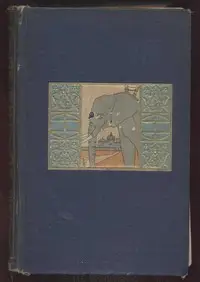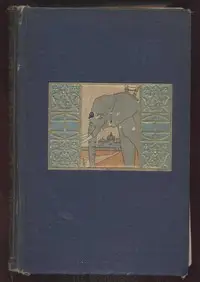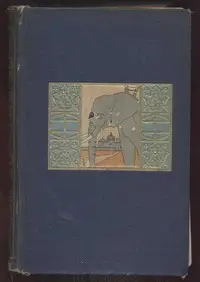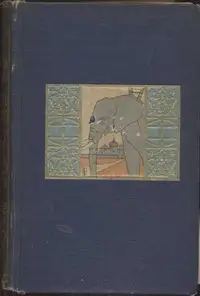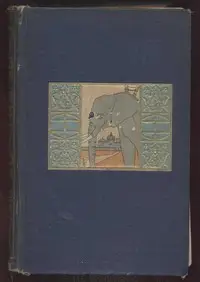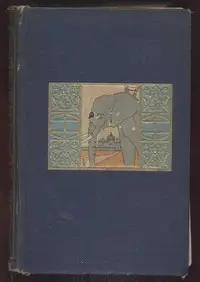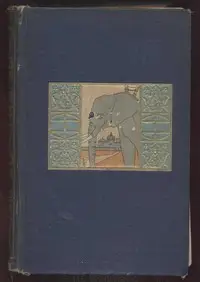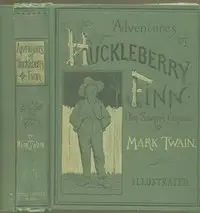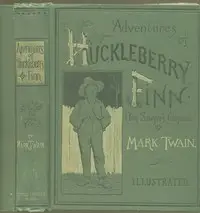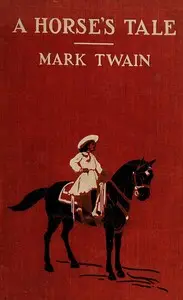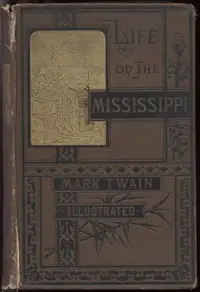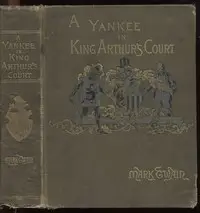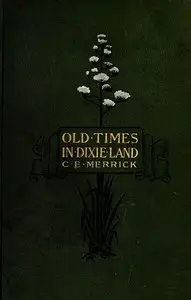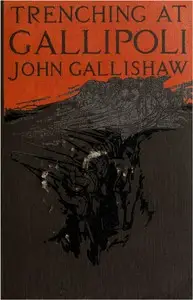"Following the Equator: A Journey Around the World. Part 3" by Mark Twain is a late 19th-century travelogue where the author chronicles his global adventures with characteristic wit and perception. Twain recounts past experiences and humorous interactions, such as a comical misunderstanding with an English lord during a fox hunt, showcasing cultural disparities. The narrative weaves together observations on local customs, interactions with authorities, and reflections on the complexities of colonial impact, setting the backdrop for exploration of the Australian outback and its unique wildlife. Twain deftly blends humor with social commentary, entertaining readers while offering insights into humanity and the world.
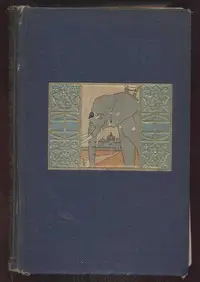
Following the Equator: A Journey Around the World. Part 3
By Mark Twain
Embark on a sidesplitting expedition across continents, where misadventures and cultural collisions reveal the quirky side of humanity.
Summary
About the AuthorSamuel Langhorne Clemens, known by the pen name Mark Twain, was an American writer, humorist, and essayist. He was praised as the "greatest humorist the United States has produced," with William Faulkner calling him "the father of American literature." Twain's novels include The Adventures of Tom Sawyer (1876) and its sequel, Adventures of Huckleberry Finn (1884), with the latter often called the "Great American Novel." He also wrote A Connecticut Yankee in King Arthur's Court (1889) and Pudd'nhead Wilson (1894) and cowrote The Gilded Age: A Tale of Today (1873) with Charles Dudley Warner.
Samuel Langhorne Clemens, known by the pen name Mark Twain, was an American writer, humorist, and essayist. He was praised as the "greatest humorist the United States has produced," with William Faulkner calling him "the father of American literature." Twain's novels include The Adventures of Tom Sawyer (1876) and its sequel, Adventures of Huckleberry Finn (1884), with the latter often called the "Great American Novel." He also wrote A Connecticut Yankee in King Arthur's Court (1889) and Pudd'nhead Wilson (1894) and cowrote The Gilded Age: A Tale of Today (1873) with Charles Dudley Warner.

